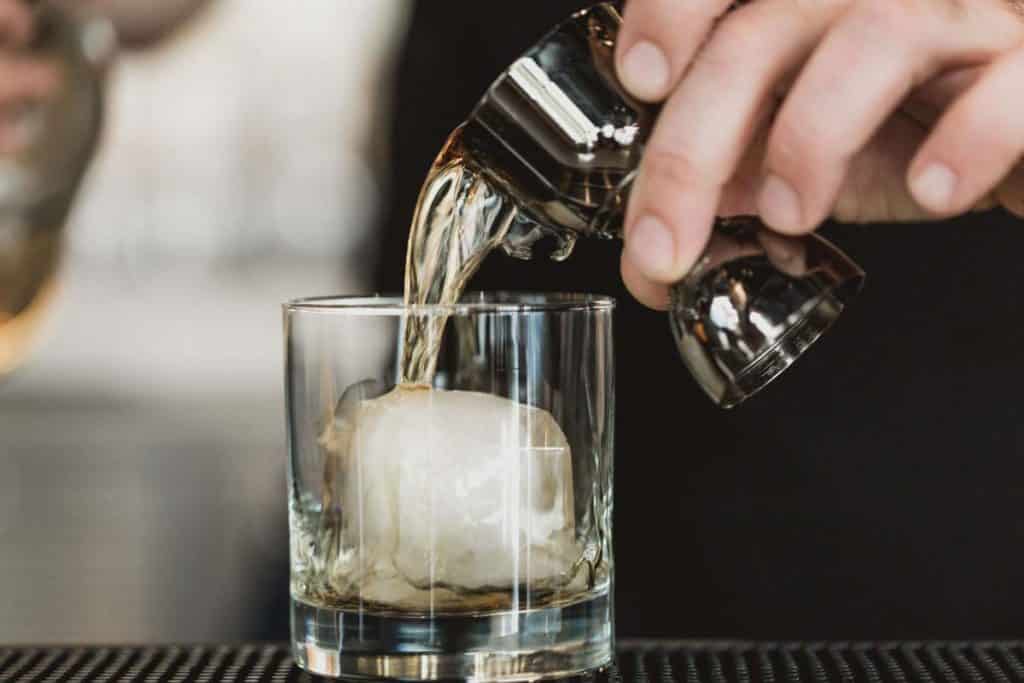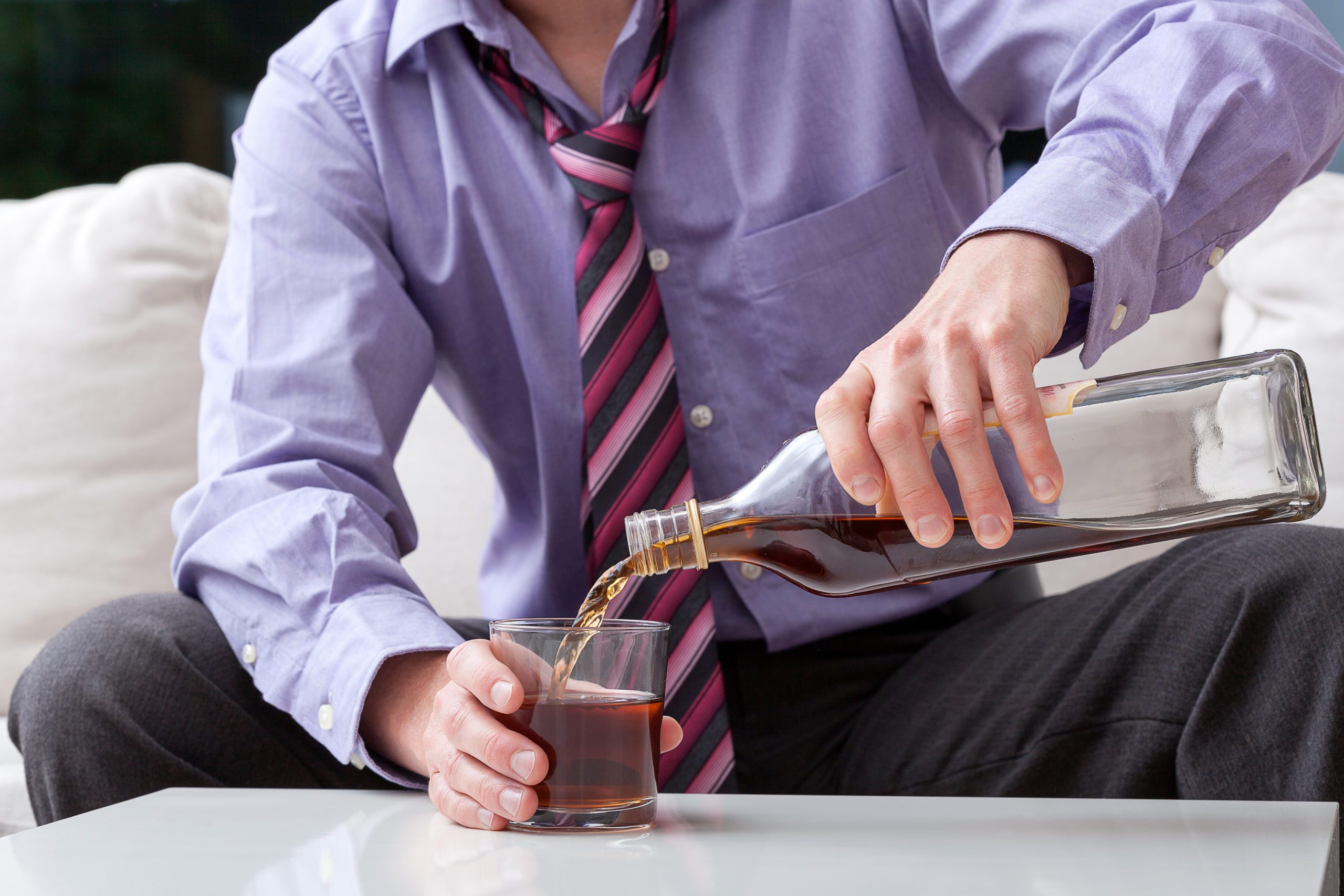If you, or someone you love, are struggling with alcohol, you might wonder about the difference between alcoholism and problematic drinking. Are people who are struggling with alcoholism in an unhealthy fashion addicted to alcohol?
What is Problematic Drinking?

There are many different types of drinkers and different definitions for problematic drinkers. For example, a social drinker usually drinks responsibly and only in social situations, such as parties or dinners with friends. This is commonly considered an acceptable or healthy relationship to alcohol, as long as the drinking does not get out of hand regularly.
But what is the difference between alcoholism and problematic drinking? Problem drinking is the use of alcohol in a way that causes harm or problems to your health, your relationships, and your life.
By comparison, alcoholism is a condition where you are mentally and physically addicted to alcohol, and there is often no way to stop on your own.
However, problem drinking and alcoholism are closely related, and problem drinking can quickly become alcoholism if left untreated and unaddressed. Recognizing the difference between these two and how quickly one can manifest into the other is the first step in identifying a problem in your life or that of someone around you and getting proper help.
Is Problem Drinking Different From Alcoholism?
Understanding the difference between alcoholism and problem drinking will help you better determine that problem drinking is different from alcoholism.
Alcoholism is a physical and mental addiction.
This means that the most significant difference between alcoholism and problem drinking is that problem drinkers are not physically addicted to alcohol and can go several days without drinking and experience no withdrawal symptoms. Alcoholism is a physical addiction that manifests in the form of serious withdrawal symptoms if you go without a drink for just one day or even a few hours.
Signs of Alcoholism

Despite this main difference, alcoholism and problem drinking have many similarities. Problem drinkers may not be physically dependent on alcohol, but they can still experience frequent drunk episodes of binge drinking that cause serious problems.
The signs of problematic drinking:
- Drinking so much that you miss work, school, or other family obligations.
- Engaging in risk-taking behaviors like blacking out, drunk driving, or unsafe sex.
- Feeling violent, angry, or depressed when drinking.
- Finding that once you start drinking, you are unable to stop, and you feel that you have no control over how much you consume.
- Having a significant tolerance to alcohol.
- Binge drinking regularly.
Even if your problem drinking doesn’t seem particularly bad at the moment, it should not be ignored because problem drinking is already an unhealthy relationship with alcohol, and it can quickly transform into serious alcohol addiction.
The signs of alcoholism are usually physical dependence and withdrawal when not drinking. You might see someone who is an alcoholic drinking at all hours of the day, even in the early morning, and relying on alcohol just to get through daily tasks.
The signs of alcoholism can include:
- Having intense cravings for alcohol.
- Hiding drinking habits from friends and family.
- Experiencing serious health problems because of alcohol consumption.
- Trying to stop drinking or cut back but being unable to do so.
- Lying about the amount you drink to friends and family.
- Needing alcohol to calm your nerves or to stop the physical withdrawal symptoms.
Alcohol Rehab in Bloomington, IN
If you notice the signs of alcoholism or problem drinking, you can get help now. With alcohol rehab in Bloomington, IN, the professionals at Evolve Indy are here to help. Our facility offers a wide range of evidence-based practices and holistic therapies that can be used in tandem to treat the withdrawal symptoms of alcoholism and provide coping skills to overcome the cravings and addiction associated with alcoholism and problem drinking. Too often, people try to alleviate the pain of struggle in everyday life with unhealthy coping mechanisms like drinking but learning healthier alternatives will give you the skills to tackle stress or struggle in your daily life without alcohol.
Let us help you take your first step toward healthier coping skills and a healthier lifestyle.

